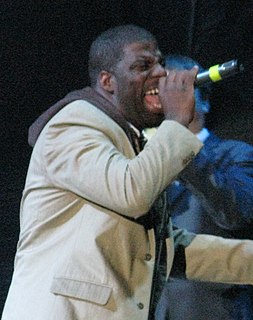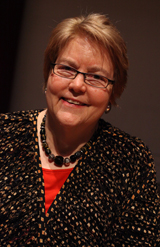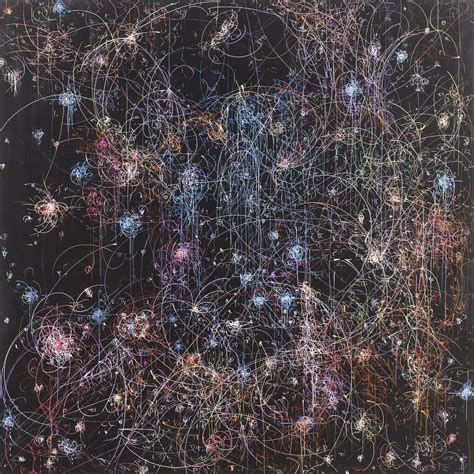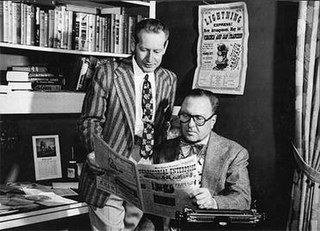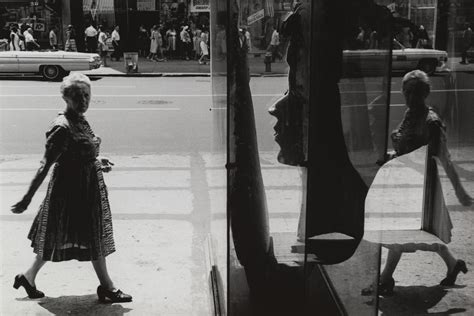A Quote by Hugh Everett III
If you want to get an interesting perspective do not think of Hugh as a traditional 20th century physicist but more of a Renaissance man with interests and skills in many different areas. He was smart and lots of things interested him and he brought the same general conceptual methodology to solve them. The subject matter was not so important as the solution ideas.
Quote Topics
Related Quotes
I was really interested in 20th century communalism and alternative communities, the boom of communes in the 60s and 70s. That led me back to the 19th century. I was shocked to find what I would describe as far more utopian ideas in the 19th century than in the 20th century. Not only were the ideas so extreme, but surprising people were adopting them.
I have been interested in the 12th century since my 20s when it was very fashionable to say of anybody with whom you disagreed, which was basically anybody over the age of 30, "One of the great minds of the 12th century", and one day I thought, "I don't know anything about the 12 century." So I started buying books, reading about it, and I discovered it was a period of great flowering, it was a Renaissance before what we think is the Renaissance, the Italian Renaissance of the 16th century.
I think it's interesting that a lot of times people want celebrities to give back in the way that they want them to give back. They want them to give money to the cause they think is important and when that doesn't happen they say, "Oh, they're not doing anything." People think celebrities are going to solve their problems. People think because someone is famous or an athlete or a politician that the solution begins with them. All they're there to do is sell you a product.
I don't particularly care about having [my characters] talk realistically, that doesn't mean very much to me. Actually, a lot of people speak more articulately than some critics think, but before the 20th century it really didn't occur to many writers that their language had to be the language of everyday speech. When Wordsworth first considered that in poetry, it was considered very much of a shocker. And although I'm delighted to have things in ordinary speech, it's not what I'm trying to perform myself at all: I want my characters to get their ideas across, and I want them to be articulate.
I think women are not interested in being like "the man" or having the same position as "the man." Women want to be women with equal rights. At this point now, we're very clear about that. I don't want to be the same as him. I want to be me with the same opportunity. So I think that's the difference of today than the fight that my mom had to fight, which was a little bit different and as complicated.
I'm not trying to create an aesthetic that's my own; I'm trying to create a way understanding things through drawing and painting. That's the common thread. Things can look different, but that's not what's important. What's important is the process is the same, the ideas are the same, I'm using the same building blocks, but they're different. The larger framework is the same; it's the pieces that change. For me, it's about these different elements, but you're still fitting them together into sentences, words, paragraphs, and stories.
I admire most of all The Renaissance Man, and if it can be said without pretentiousness, I like to think of myself as one, at least in some small measure. Not a Michelangelo, mark you, but perhaps a poor man's Cellini or a road company Cosimo de' Medici ... the Renaissance Man did a number of things, many of them well, a few beautifully. He was no damned specialist.
We talked about and that has always been a puzzle to me
why American men think that success is everything
when they know that eighty percent of them are not
going to succeed more than to just keep going and why
if they are not why do they not keep on being
interested in the things that interested them when
they were college men and why American men different
from English men do not get more interesting as they
get older.



